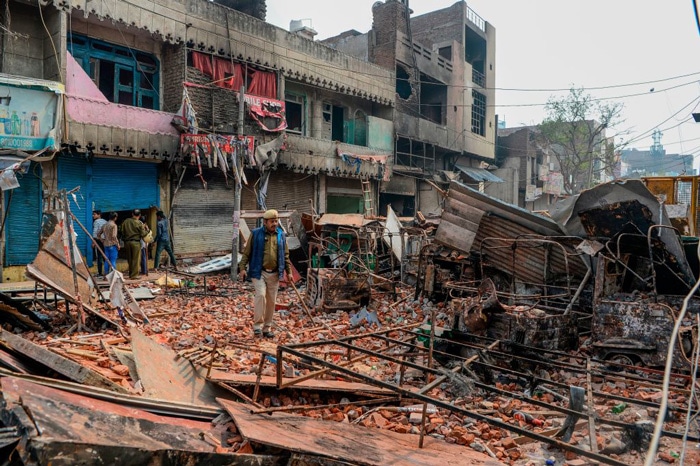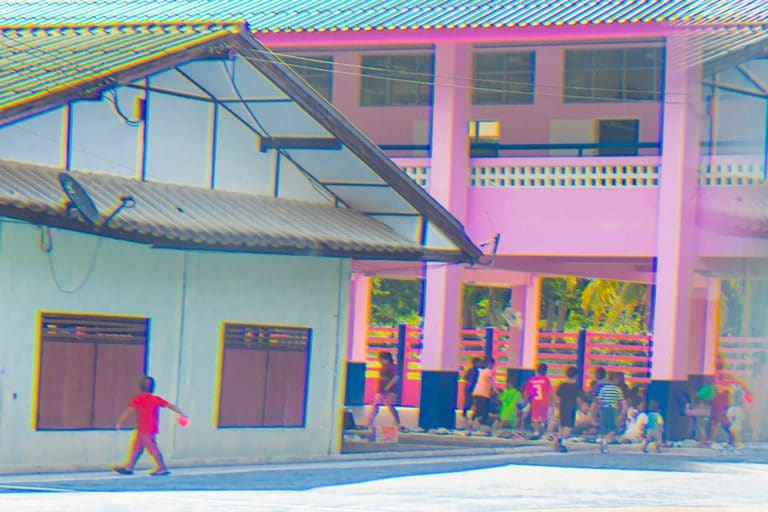After China and Italy, India could be the next country to be severely hit by COVID-19
On Tuesday 24 March, India’s Prime Minister Narendra Modi ordered India’s population to stay at home.
Among the 1.3 billion Indians, some have had the chance to follow his provision in the comfort of their home while others are struggling and risking their lives just to get some food for their family. How exactly has COVID-19, and the unavoidable lockdown it brought with it, exposed more than ever India’s deep social inequalities?
People from India have always seen the country’s social inequalities, but the coronavirus outbreak has amplified the situation. Indian correspondent for The Guardian, Amrit Dhillon, recently wrote a brutally honest article titled As the wealthy quaff wine in comfort, India’s poor are thrown to the wolves, in which she summarised her experience of India’s lockdown to: “If, like me, you have a live-in maid who happens to have picked up some beautician skills, you are ‘condemned’ to confinement in a spa. Shall I have a facial today? Or a pedicure? No, let’s settle for a massage. It will relieve my lockdown tension.” For rich and middle-class people in India, being under lockdown is a very similar experience to a holiday—Dhillon describes it as “an enforced period of recreation or a chance for self-improvement.”
In the same breath, the newly imposed shutdown means one thing for India’s poorest population: things are about to get way worse. Street vendors are barred from selling their products outside, workers who usually get paid by the day will end up with no money at all and, meanwhile, the Indian government is struggling to offer people any kind of potential help. Poor communities are left with nothing; no work, no money, and no food.
Although the lockdown is also affecting working-class families in the UK, Italy, Spain and the rest of Europe, Dhillon highlights that for most of us in “[more egalitarian] societies, the lockdown experience is not marked by the same sharp disparities as in India.” Most EU citizens have access to smartphones or the necessary technology to connect with our friends and families and check up on them while feeling support and affection.
In India, millions of migrant workers are separated from the rest of their families who stayed in their hometown. Labourers have no choice but to stay in ‘rented accommodation’, which Dhillon describes as “dingy cells usually shared with six or seven other labourers.”
The lockdown is also catastrophic for the Muslim citizens that lost their homes during the anti-Muslim riots that started at the end of February in Delhi. At the time, many houses were burned down by Hindu mobs who killed 53 Muslims and injured thousands. Families ran away, some of them ended up living in the Eidgah relief camp in tents set up in the courtyard of a mosque.

But Eidgah was only temporary and on Monday the Delhi authorities forced the families to leave the crowded camp in order to contain the coronavirus outbreak. Muslims have been given the minimum rent for a small room (which equals to £33) and nothing more. While some citizens went to live with family members in other cities, others were left homeless.
As China, a country next to India, slowly gets back to business, the situation in India becomes alarming. Although it is obviously necessary for the Indian government to focus its attention on fighting the coronavirus pandemic, what does that mean for poor communities who were already struggling before this? As many questions are left unanswered for now, one thing is clear to me: we should feel grateful that we have a roof over our heads and cupboards filled with food instead of losing it over Houseparty lagging during peak hours. In the end, it’s all about perspective.





